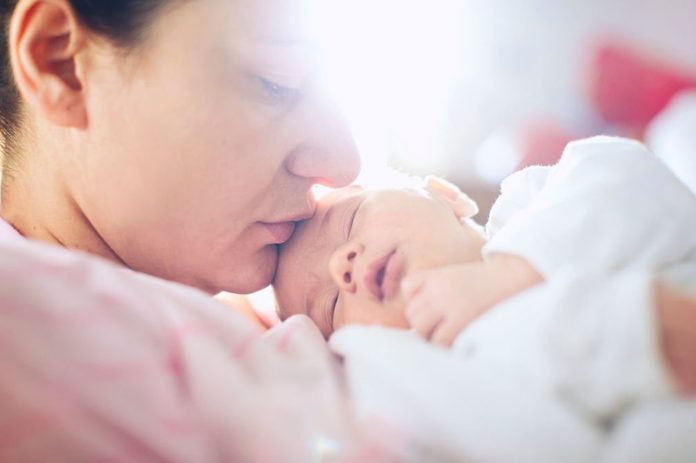For the first time, a preclinical investigation has shown that a viral-like immune activation during pregnancy impacts the maternal brain and dramatically impairs mother care behavior after birth.
Virus infections during pregnancy alter the mother’s brain and her postpartum caregiving behavior.
These are the results of a mouse model research study conducted at MedUni Vienna. The findings appeared in the journal “Molecular Psychiatry.”
There is plenty of evidence from mice research that viral infections during pregnancy can impact the developing brain of the young in utero (in the womb), with long-term effects on brain function and behavior.
For the first time, a preclinical investigation has shown that a viral-like immune activation during pregnancy impacts the maternal brain and dramatically impairs mother care behavior after birth.
These findings were published by a research group led by behavioural biologist Daniela D. Pollak of MedUni Vienna’s Center for Physiology and Pharmacology, in collaboration with colleagues from MedUni Vienna’s Center for Brain Research and Columbia University (USA).
In this preclinical work, the researchers employed a chemical substance that triggers the same receptor pathways as viruses in order to stimulate the immune system of the mother during pregnancy in a manner identical to that of a conventional viral infection.
Following the birth of the young, the dams’ maternal care behavior was evaluated.
“Dams who had experienced a viral-like immune activation were less caring towards their young than animals in the control group,” Daniela D. Pollak says of the findings.
“The naturally strong drive to take care of one’s own offspring and to keep them safe from harm was much less pronounced corresponding to a significant decline in attachment behaviour.”
Not only did the researchers notice changes in the dams’ behavior, but they also discovered structural, chemical, and functional changes in their brains, as well as some of the underlying causes.
Even while the findings from animal models cannot be directly applied to people, the researchers believe they show that viral infections during pregnancy can alter mothers’ attitudes about their babies.
Pollak explains that “Women who have had systemic viral illnesses during pregnancy may be at increased risk of impaired mother-infant bonding.”
The study expects that by raising awareness, women who have had an illness during pregnancy will be more likely to seek medical or psychological help if they show signs of delayed bonding after birth, which could harm both mother and child’s health.
Image Credit: Getty
You were reading: Viral infection can affect a pregnant woman’s brain and behavior after giving birth
